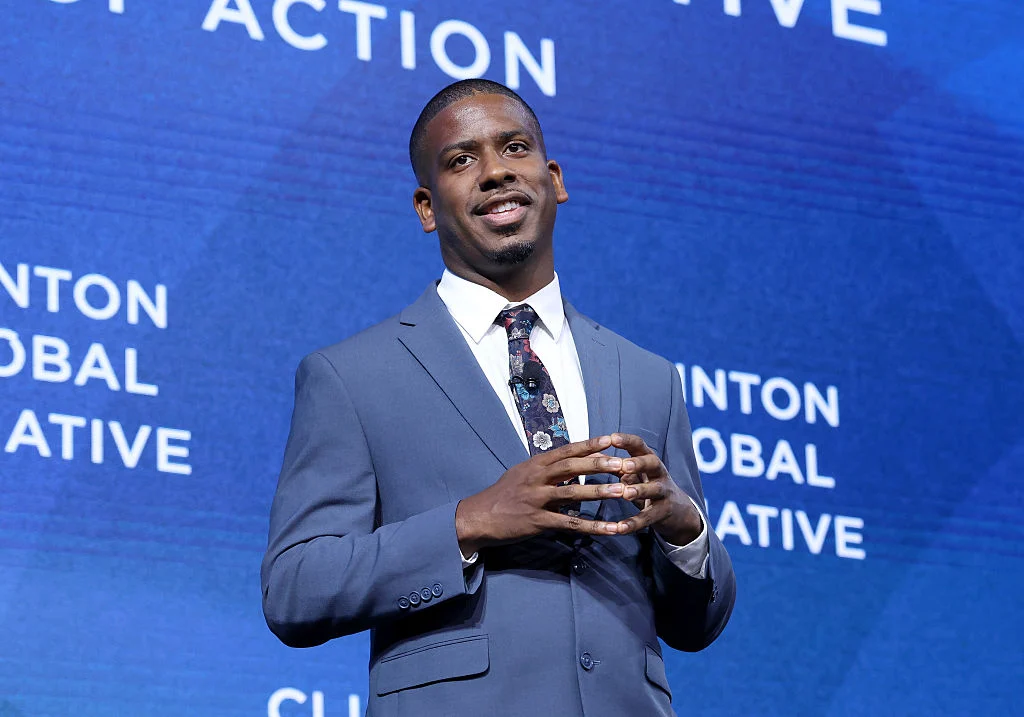Last week, President Donald Trump signed an executive order aimed at expanding the federal government’s collaboration with states and the private sector to enhance the lives of foster youth—especially those transitioning out of the foster care system.
The executive order emphasizes the need for the federal government to “harness Federal support, technology, and strategic partnerships” in order to equip young Americans navigating or exiting the foster care system with essential tools for their success as adults. This initiative seeks to address the myriad challenges that foster youth frequently encounter, offering a beacon of hope for those in vulnerable circumstances.
Pioneered by First Lady Melania Trump, the executive order zeroes in on modernizing the child welfare system. A significant aspect of the initiative is the creation of a “Foster the Youth” online resource platform. This platform will be executed by an interagency task force, including the First Lady’s office and the Department of Health and Human Services, with the aim of providing accessible resources to foster youth.
Sixto Cancel, CEO of Think of Us, a technology and research firm focused on refining the foster care system, had a key advisory role in crafting this executive order. Cancel has been involved in bipartisan efforts across multiple administrations—from President Barack Obama to now—with the goal of uplifting the child welfare system and its young charges.
Himself a product of the foster care system, Cancel is acutely aware of the pressing needs of foster youth, particularly concerning the disproportionate representation of Black youths within these ranks. His voice brings a unique perspective, reinforcing the urgent necessity of implementing the executive order effectively, particularly for those aging out of care.
Cancel highlights the critical nature of addressing the needs of older foster youth. He recounts his own tumultuous journey through the system, marked by instability and abuse. “I entered foster care as a baby, 11 months…Then I was adopted at 9. It was an abusive adoption,” he shared, detailing how his life spiraled into couch surfing and frequent runs from abusive environments.
He paints a vivid picture of his struggles, emphasizing the compounded challenges of inadequate educational resources and living in spaces overwhelmed by poverty and violence. “Living in those conditions, you often wonder if you’ll ever escape that reality. When you’re in foster care and face aging out, the future feels bleak, lacking the security that many take for granted.” His years were spent confronting the uncertainty of life after high school, struggling with the specter of reaching adulthood without a safety net.
Amidst this backdrop, Cancel found salvation in the Jim Casey Youth Opportunities Initiative. This program offered life skills such as financial literacy and job preparation, empowering him to regain control over his future. “Thanks to their work-to-learn program and matched savings account, I graduated college with a stable foundation—my first car and a deposit for my own apartment,” he recalls, underscoring the crucial role of such initiatives in shaping his trajectory.
With federal and state funding working in tandem, Cancel expresses hope that the Trump administration’s commitment to this executive order will create pathways for many more foster youths to access essential resources in education and housing. “This executive order is all about expanding those opportunities and fostering collaborations that can truly make a difference,” he affirms.
In his discussions about the First Lady, Cancel expresses particular gratitude. “Melania Trump seems to consistently push initiatives that focus on the well-being of children and youth,” he states. “Through the Be Best initiative, she actively seeks to uplift the voices of those with lived experiences in foster care. It shows a commitment to what’s right for children.” This acknowledgment illustrates the significant contributions by advocates like Cancel, who strive to ensure that the perspectives of youth in care remain central in policy discussions.



